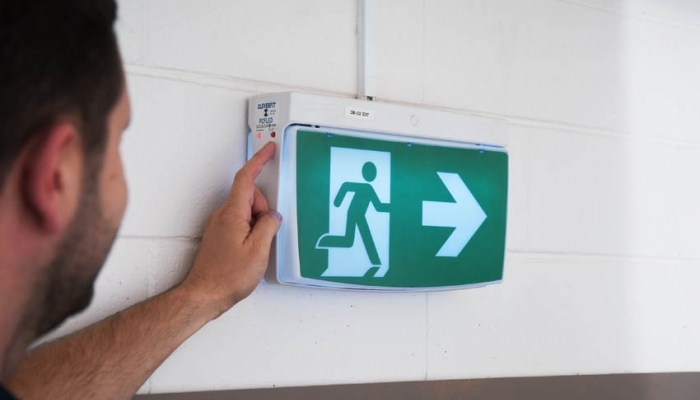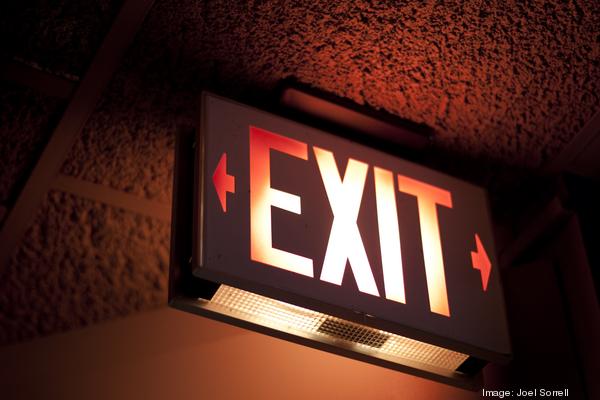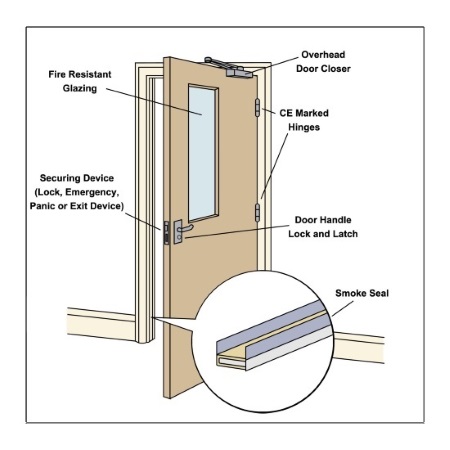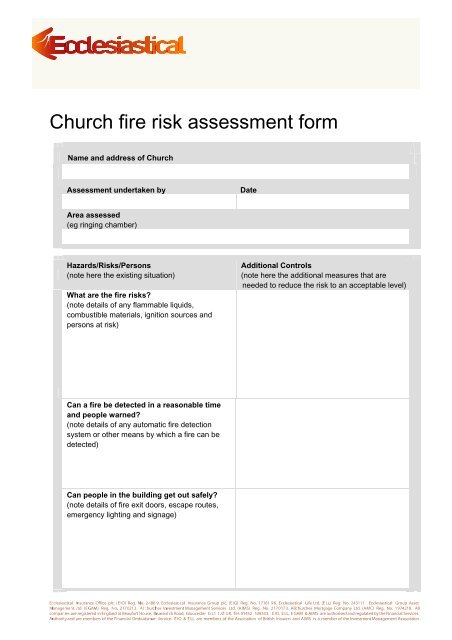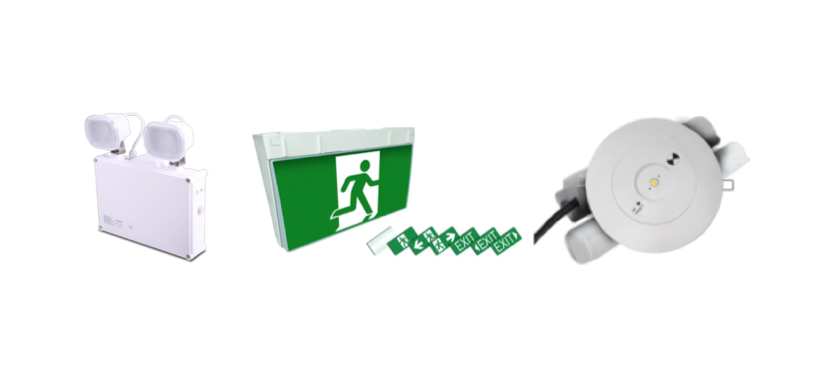Fire doors are inside buildings residential and commercial and are internal doors that need to be kept closed in order to stop the spread of fire between different areas of a building.
Fire exit doors regulations nsw.
The city will give the owner a reasonable amount of time to comply with the order depending on the complexity of the improvements.
Latest building fire safety news.
An opening into an exit must be protected by a self closing fire door that remains closed or automatically closes in an emergency upon the sounding of a fire alarm or employee alarm system.
These doors are able to be pushed open from the inside and are either very simple to unlock or not locked at all.
If there is a fire in the area where occupants are they are already being exposed to smoke fire and heat.
They must be kept clear at all times for a two metre circumference around the exit.
The common property fire door then is designed to inhibit flames for 120 minutes or two hours.
Employers need to ensure that emergency exits in buildings comply with the requirements in the building code of australia part d1 provision for escape.
Amendment to guideline fire safety in waste facilities 27 02 2020.
Keep exit route doors free of decorations or signs that obscure the visibility of exit route doors.
Contrary to what some might believe there is a difference between fire doors and fire exit doors.
An order may demand safer fire exits appropriate fire safety equipment or proper fire resistant construction.
Bca d2 21 building codes of australia includes as1428 1 as1905 1.
The nfpa emergency exit door requirements code states there is a maximum travel distance allowed to find an exit.
An exit is permitted to have only those openings necessary to allow access to the exit from occupied areas of the workplace or to the exit discharge.
Exit doors are a critical part of the fire and safety infrastructure of a building.
Door lock regulations for exit and fire doors.
Councils issuing a development control order on an existing building.
Fire door standards and legislative requirements.
Regulations regarding fire doors.
A fire door is a door that has been clearly marked and constructed in such a way as to provide an emergency exit from the building in case of a fire.
This access to exit requirements seeks to minimize occupants exposure to these and other hazards.
The second number represents how long the door should not increase in temperature in the presence of fire.
Both kinds of doors mentioned are designed to stay cool for 30 minutes.
The cost of improvements and their effect on a building s heritage status will be taken into account.
By law there are very specific locking requirements required for exit doors.
In workplaces that are buildings the location of doors needs to be appropriately marked and signs need to be posted to show the direction to exit doors to aid emergency evacuation.

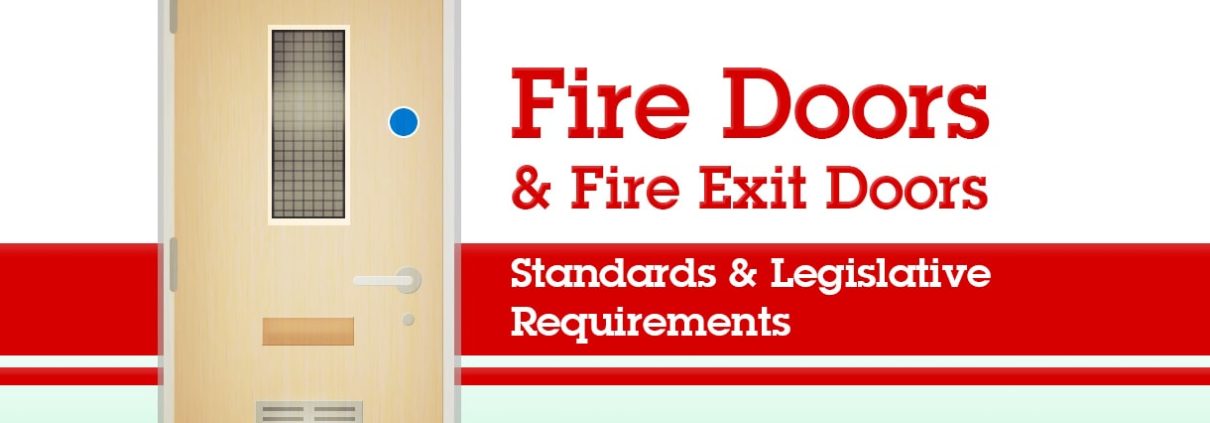


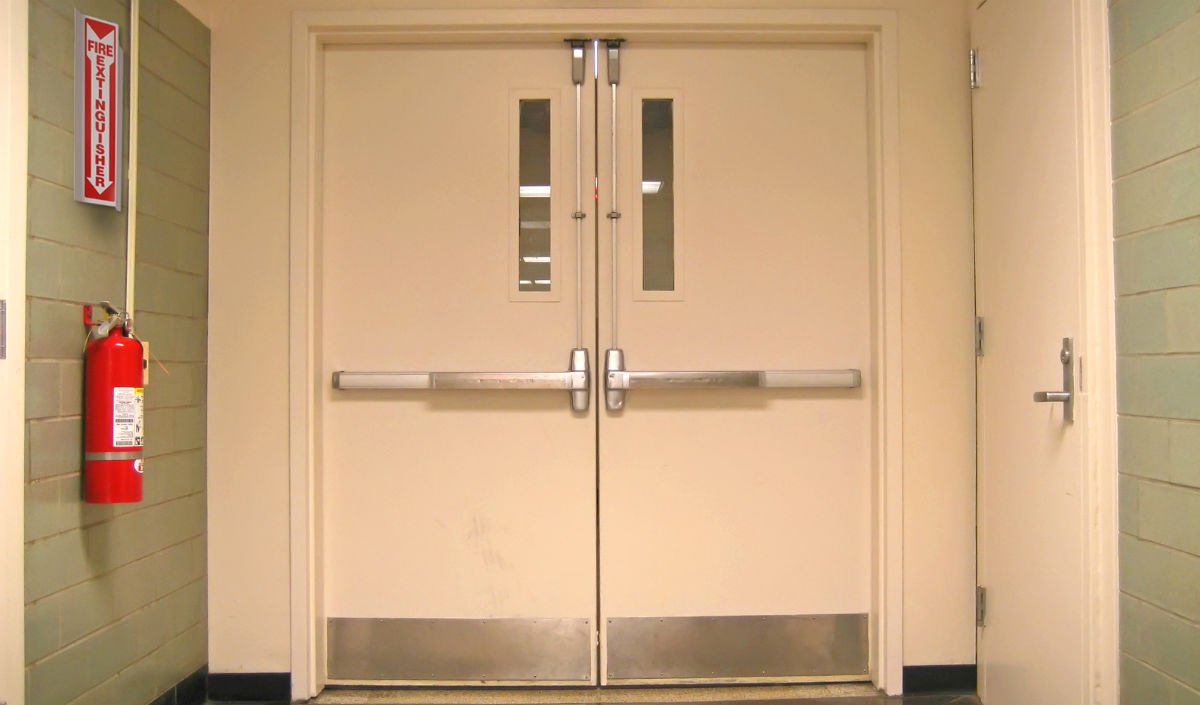

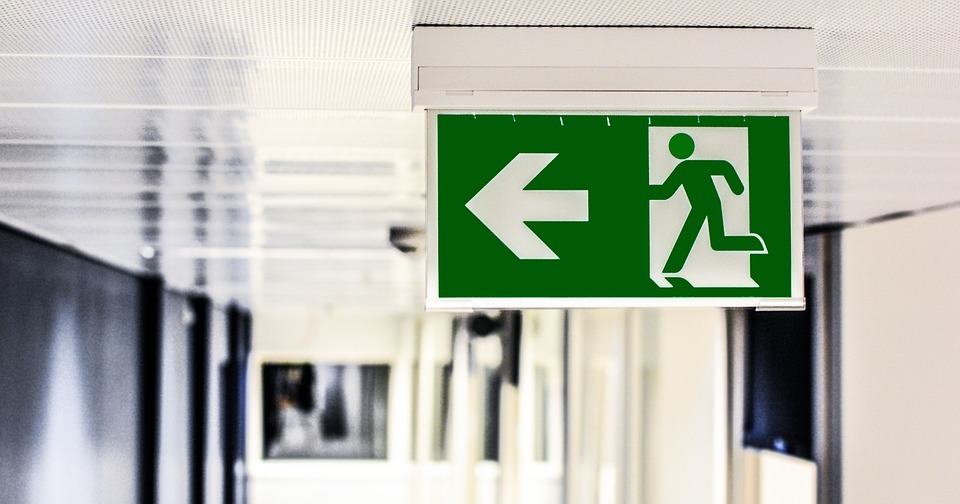











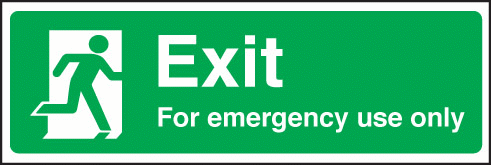

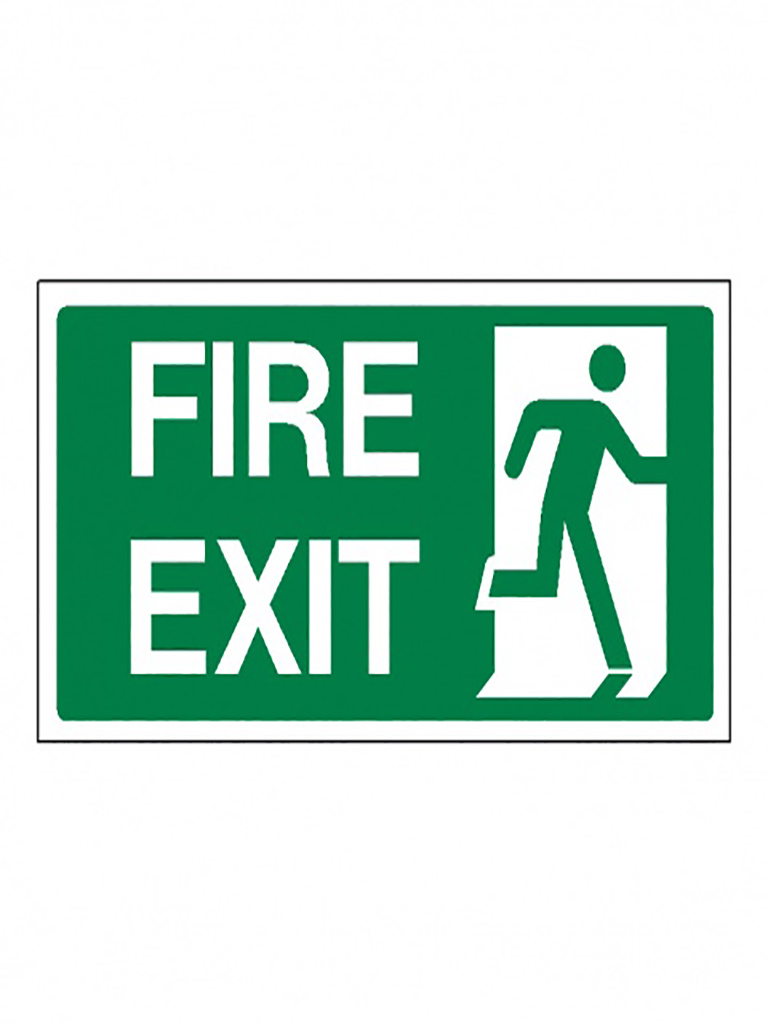
.png)

